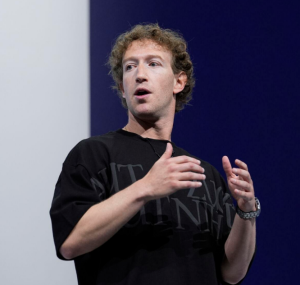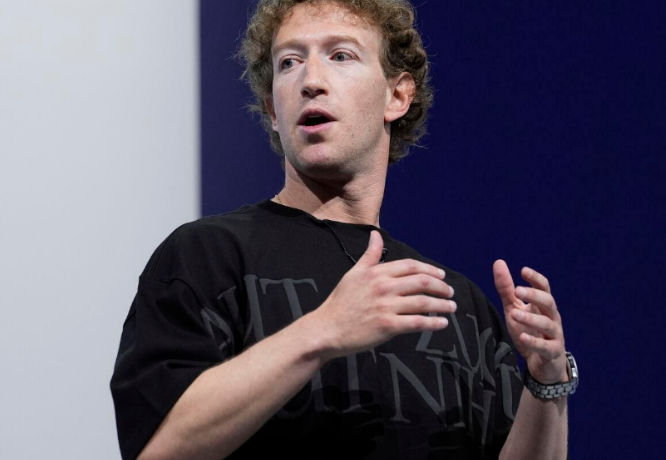In a notable legal development, Meta CEO Mark Zuckerberg is set to be deposed as part of a lawsuit that could have significant implications for artificial intelligence (AI) and copyright law. The lawsuit, initiated by authors including comedian Sarah Silverman, alleges that Meta unlawfully used their works to train its AI systems without consent or compensation.
The Background
The case, which has garnered attention since its filing in California federal court, raises critical questions about how AI technologies are developed and the rights of content creators. The plaintiffs claim that Meta illegally downloaded digital copies of their books to enhance its AI capabilities. This lawsuit is part of a broader wave of legal actions targeting major AI companies, including OpenAI and Microsoft, over similar accusations of copyright infringement.
U.S. District Judge Thomas Hixson recently ruled that Zuckerberg’s deposition is essential due to his role as the “principal decision maker” for Meta’s AI platforms. This decision underscores the growing concern over transparency and accountability in AI development, particularly as it intersects with existing intellectual property laws.

The Implications for the AI Landscape
The outcome of this lawsuit could set a precedent for how AI companies interact with copyrighted materials. If the court rules in favor of the authors, it could compel AI developers to reassess their training methods and obtain proper licenses for the content they use. This could lead to significant changes in the way AI models are trained, potentially increasing costs and limiting access to certain data.
On the flip side, a ruling in favor of Meta could pave the way for more lenient interpretations of copyright in the context of AI, raising further concerns among content creators about the protection of their intellectual property.
As the legal landscape surrounding AI continues to evolve, it is essential for businesses, creators, and consumers to stay informed. Understanding the implications of these lawsuits is vital for navigating the future of content creation and technology.
To delve deeper into this developing story and its potential ramifications, read more here.









